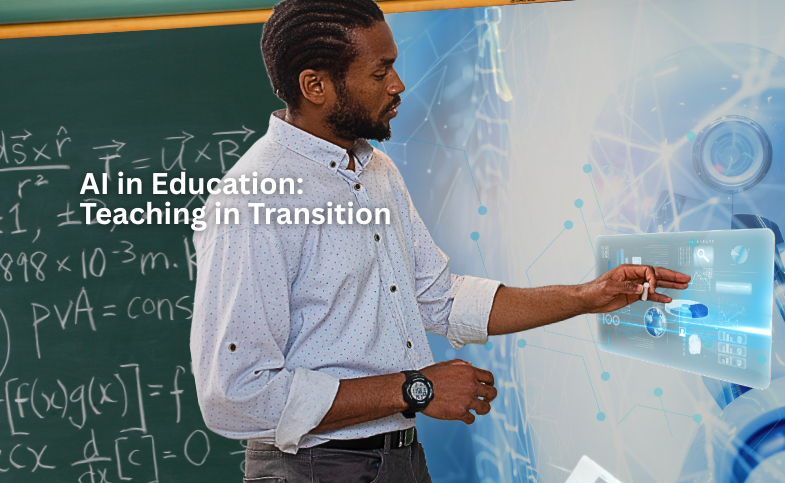MassCUE conference shows where ed tech is heading
by Greg Cunningham
JFYNetWorks was once again a strong participant at the 2025 MassCUE conference at Gillette Stadium October 15 and 16. With over 2000 educators and vendors attending, Foxborough was the place to be for anyone interested in the rapidly evolving state of advanced technology in education. Artificial Intelligence was the main focus this year, and many presentations concentrated on how schools, teachers and administrators can effectively use AI to improve instruction and administration and free teacher time for direct student interaction.
Michael Mino, presenting for JFYNetWorks, introduced the organization’s new professional development initiative, the JFYNetWorks AI Leadership Institute. This program is designed to help educators at all levels understand and manage the challenges of artificial intelligence, emphasizing responsible and effective classroom use.
Mino’s first session, “The AI Creative Edge,” offered a hands-on exploration of emerging AI tools that can help teachers prepare students for career pathways being reshaped by new technologies. His second session, “AI Literacy to AI Fluency,” began with foundational AI concepts and demonstrated how readily available tools can enhance classroom engagement and learning outcomes. Examples included Google Gemini, integrated into Google Classroom, and Microsoft Copilot in Microsoft 365—platforms already in use across many schools, though some features require IT activation.
Mino emphasized the urgent need for educators to deepen their understanding of AI and integrate these tools into daily instruction to ensure students are ready for a rapidly evolving AI-driven workforce. More information about JFY’s AI Leadership Institute and its courses is available at jfynet.org.
Artificial intelligence was a clear focus for many other presenters as well. It was impossible to check in on all of the 295 presentations, but we did hit a few.
Becky Csizmesia from the Somerset Public Schools focused on how AI can streamline educational planning and help generate ideas while allowing teachers to maintain a professional voice.
Jessica Garbowski of the Easton Public Schools targeted some common issues AI users encounter, including AI mistakes, inaccuracies, hallucinations and slop. She emphasized that AI will continue to improve, will become more accurate and less prone to erroneous outputs. Nevertheless, humans still need to build skills in critical thinking and analysis to avoid using or sharing misinformation gleaned from AI.
Kara Wilkins and Kara Haas from the Lowell Public Schools zeroed in on the core idea that Al is not neutral because Al trains itself from sources across the internet and from readily available literature. If those sources contain biases, so will Al. However, all was not lost for them when it came to using AI in the classroom. They shared some AI-based apps and web applications specifically designed for use with students. These apps help avoid the issues that come with AI platforms dispensing un-vetted results.
I’ll venture to say that all 2000 participants are pondering how AI will impact education over the next decade and beyond. Perhaps the best way to find out is to go straight to the source. The following was written by ChatGPT:
AI is very likely to transform education over the next decade — making learning more personalized, efficient and flexible — but it won’t be a magic fix. The real value will come when technology is combined with thoughtful pedagogy, skilled teachers, inclusive policy and ethical frameworks.
So it seems that AI thinks humans will still be needed.
Let’s hope that’s not a hallucination.
Greg Cunningham is a human learning specialist at JFYNetWorks.
Other posts authored by Greg can be found here.
HOW ARE WE DOING? In our pursuit to serve up content that matters to you, we ask that you take a couple of minutes to let us know how we’re doing. Please click here to be navigated to our JFYNet Satisfaction Survey. Thank you!





